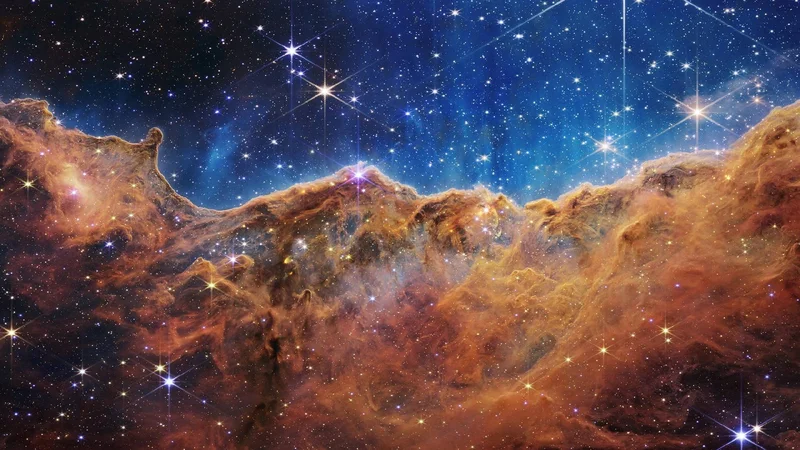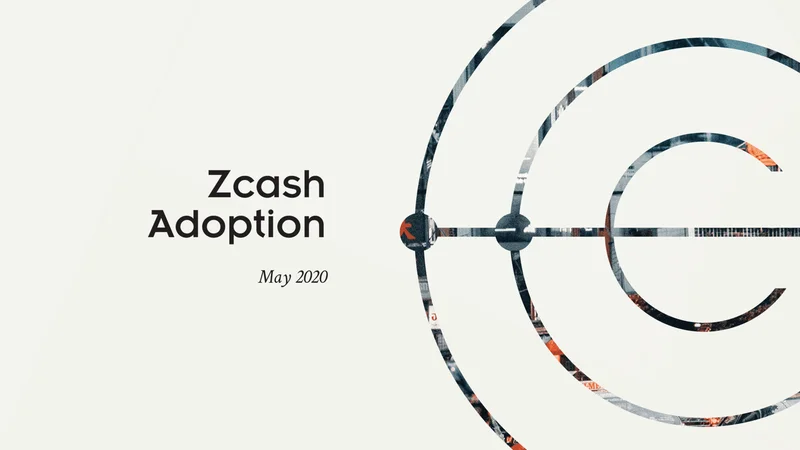Space: Google Space vs. Outer Space and What We Know
The Space Race: More Crowded, Less Room for Error
The final frontier. It's a phrase that conjures images of vast, empty expanses. But lately, outer space is starting to feel a bit more like rush hour on the 405. A quick glance at search trends confirms the growing public interest: "outer space," "space shuttle," "NASA," and even the slightly more niche "space force" are all generating significant search volume. But is this just idle curiosity, or does it reflect a deeper shift in how we perceive and interact with the cosmos?
The sheer volume of "space" related searches is telling. We're not just talking about scientific exploration anymore. "Space heater," "office space," "extra space storage," and "square space" all show up in related searches. This reveals a fascinating conflation of the cosmic and the mundane. We're thinking about outer space, but also about the space in our homes, our offices, and our hard drives (Google space, design space). It's as if the concept of "space" itself is undergoing a kind of semantic expansion, encompassing everything from the infinite to the intimately personal. Is this a reflection of our anxieties about resources and overcrowding, projected onto the ultimate "empty" frontier?
The Commercialization of the Void
What's driving this renewed interest? Part of it, undoubtedly, is the rise of commercial space ventures. Companies like SpaceX and Blue Origin have captured the public imagination with their ambitious plans for space tourism and resource extraction. This isn't your grandfather's NASA anymore. This is a new era of private sector involvement, driven by profit motives and technological innovation. But are these ventures truly sustainable, or are they simply creating a new set of environmental problems in orbit? Space junk, for instance, is already a significant concern, and the potential for collisions and cascading debris fields is a real threat.
Consider the search term "space jam." While initially triggered by the movie, its continued relevance points to a broader cultural fascination with space as a playground, a source of entertainment and spectacle. This is a far cry from the Cold War-era space race, which was driven by geopolitical competition and scientific advancement. Today, the narrative is more about individual achievement and entrepreneurial ambition. But is this shift necessarily a positive one? Are we in danger of losing sight of the broader scientific and societal benefits of space exploration in our pursuit of profit and entertainment? And this is the part of the report that I find genuinely puzzling. How do we balance the allure of commercial opportunities with the imperative to protect the long-term health of the space environment?

The Search for Meaning (and Memes)
Beyond the commercial aspects, there's also a deeper, more existential dimension to our fascination with space. Searches like "lost in space" and "blank space" suggest a yearning for something beyond the confines of our everyday lives. Space represents the unknown, the unexplored, the possibility of discovering something truly profound. It's a canvas onto which we project our hopes, fears, and dreams. The "space needle" search is a good example. It represents a physical structure, but it's also symbolic, a monument to human ingenuity and our aspirations to reach for the stars.
But let’s be honest, the search results also include "space marine" and "space marine 2," indicating that our fascination with space is also heavily influenced by science fiction and fantasy. We're not just looking for scientific breakthroughs; we're also looking for adventure, excitement, and a sense of wonder. It's a potent combination, and it helps explain why space continues to capture our collective imagination. The number of searches for "dead space" also highlights our anxieties, the fear of the unknown, and the potential dangers that lurk in the vastness of space.
Is This Just a Passing Fad?
So, what does all of this mean? Is this just a passing fad, or does it represent a more fundamental shift in our relationship with space? My analysis suggests that it's a bit of both. There's definitely a hype cycle at play, driven by media coverage and celebrity endorsements. But there's also a genuine sense of excitement and possibility, fueled by technological advancements and the prospect of new discoveries. The key will be to manage expectations, to avoid the pitfalls of commercialization, and to ensure that space exploration remains a collaborative and sustainable endeavor. Otherwise, it's just a bigger version of the dot-com bubble.
A Glimpse of Tomorrow
-

The Juan Gabriel 'Alive' Hoax: Deconstructing the Latest 'Proof'
So,JuanGabrielisaliveagain.I...
-

Jeff Bezos: His Net Worth, His Love Life, and Why We're All Obsessed
So,JeffBezoshasdescendedfrom...
-

Zcash's Sudden Price Surge: Analyzing the Catalysts and Its Future Outlook
Zcash'sViolentRally:Deconstruct...
-

Warren Buffett's OXY Stock Play: The Latest Drama, Buffett's Angle, and Why You Shouldn't Believe the Hype
Solet'sgetthisstraight.Occide...
-

Registered Investment Advisor (RIA): Defining the Role, Services, and Fee Structures
TheQuietRuleChangeThatWillRe...
- Search
- Recently Published
-
- Cidara Therapeutics: Stock, News, & The Usual Spin?
- ANyONe Protocol: What the hell is it, and is it even real?
- BMO: The Bank, The Stadium, The Cartoon, and Why You Should Care
- BBAI Stock: The Investment Case vs. The Current Data
- CoreWeave's Stock Nosedive: What They're Not Telling You
- IRS Relief Payment: Status, Timing, and What the Data Shows
- Zcash's "Historic Surge": Hayes is Hyping It?
- BMO: What is it and Where Can I Find One?
- Avelo Airlines: FAA Cuts and the Lakeland Linder Opportunity
- SpaceX Launch Today: What Happened and Launch Time Details
- Tag list
-
- carbon trading (2)
- Blockchain (11)
- Decentralization (5)
- Smart Contracts (4)
- Cryptocurrency (26)
- DeFi (5)
- Bitcoin (29)
- Trump (5)
- Ethereum (8)
- Pudgy Penguins (5)
- NFT (5)
- Solana (5)
- cryptocurrency (6)
- XRP (3)
- Airdrop (3)
- MicroStrategy (3)
- Stablecoin (3)
- Digital Assets (3)
- PENGU (3)
- Plasma (5)
- Zcash (6)
- Aster (4)
- investment advisor (4)
- crypto exchange binance (3)
- SX Network (3)
